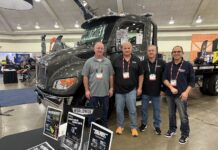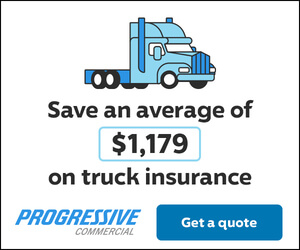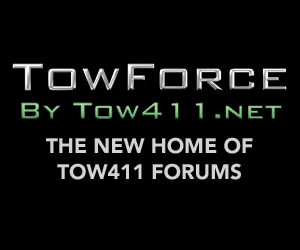Regulations Have Proven Economically and Technologically Infeasible
April 7, 2025, Sacramento: A national coalition of state towing and recovery truck associations is urging Members of Congress to pass Congressional Review Act Resolutions that reverse the de facto ban on medium to heavy (MHD) diesel truck engines over the next decade.
“While California’s electric vehicle mandate is well-intended, the Advanced Clean Trucks and Omnibus NOx regulations have proven technologically and economically infeasible,” said Josh Lovelace, national director of the Safe Roads Coalition. “The regulations are so costly and onerous that truck manufacturers are not building medium to heavy-duty (MHD) electric trucks that meet basic performance and safety standards of towing and recovery vehicles, and the sales of combustion truck chassis are coming to a standstill in states that have implemented California’s rules. Moreover, even if manufacturers were mass-producing medium to heavy-duty electric trucks, states are not on track to building enough big truck charging stations along America’s interstate system.”
Five of the ten states that adopted California’s rules have immediate implementation deadlines, and they seek to delay the regulations in whole or in part. The regulations have suppressed the sales of medium to heavy-duty (MHD) combustion engine trucks before truck manufacturers can mass-produce ZEV alternatives, and states do not have adequate charging stations for large trucks. As an indication of what will happen in other states, in the first model year enacting this regulation MHD combustion engine chassis sales declined by over 80 percent in California. Despite CARB’s amendments to the ACT regulation in October 2024, truck dealers and upfitters have not reported increased availability or sales.
“No matter how well-intended, California’s electric vehicle regulations should not be allowed to wreak havoc on America’s economy and deny the motoring public access to reliable roadside services,” said Lovelace. “One must only look at California to see how the regulations impact other states. California’s manufacturing and sale of towing and recovery trucks is coming to a screeching halt.”
H.J. Res. 87 (James-MI) would reverse the EPA’s decision to approve a waiver granted to California allowing the State to mandate the sale of zero-emission trucks, otherwise known as the Advanced Clean Trucks regulations.
H.R. Res. 89 (Obernolte-CA) would end the EPA’s decision to allow California to implement its most recent nitrogen oxide (NOx) engine emission standards, which create burdensome and unworkable standards for heavy-duty on-road engines.
Co-leads of the resolutions include California Congressmen Kevin Kiley and Jay Obernolte.
Public safety agencies widely recognize towing and recovery drivers as part of the roadway safety network that supports motorists and first responders. By providing reliable roadside assistance 24/7 and clearing road accidents and mechanical breakdowns, motorists and truckers spend less time stuck in traffic, use less fuel, and generate less greenhouse emissions. In California (Freeway Service Patrol) and some other states, towing services partner with state and local transportation authorities to provide free highway services. UC Berkeley found that tow truck availability reduces emissions by removing vehicles quickly to reduce traffic congestion.
The Safe Roads Coalition is a coalition of towing and recovery truck businesses from 11 ACT states that seek delays, or the exemption afforded other emergency vehicles (police, fire, and government-owned tow trucks). There are an estimated 45,000 towing and recovery businesses in the U.S. Visit www.saferoadscoalition.com for news, including an explainer video.
Contact: Marko Mlikotin
River City Communications
m 916.799.7574










